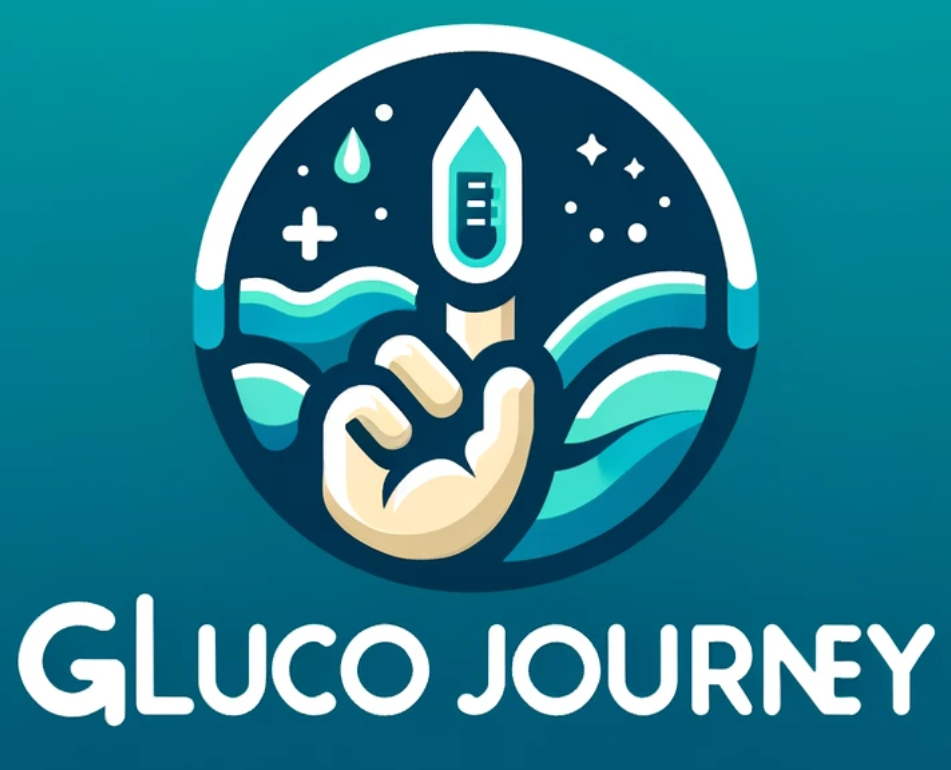Dr Fung created another great video which can be seen below, this one is shorter than the usual long form content and I advise you watch this below however I have summarised the main points if you would prefer to read below;
Summary
Dr Fung discusses the reversibility of type 2 diabetes, a perspective supported by the American Diabetes Association’s 2021 criteria for remission. He emphasises that type 2 diabetes, previously seen as a chronic and irreversible condition, can be put into remission naturally, without resorting to surgery or medication. The discussion centres on five key strategies for achieving this:
Behaviour Change
Recognises the importance of lifestyle and diet in managing type 2 diabetes, highlighting the role of habits in facilitating healthy behaviour change. Building habits, such as regular exercise or diet modification, is crucial because it transforms effortful changes into automatic actions. Strategies like making small, accessible changes and rewarding oneself are emphasised alongside the importance of journaling to enhance mindfulness and accountability.
Coaching and Communities
Stresses the significance of support from peers and professionals in sustaining behaviour changes. Peer pressure and community support can greatly enhance the likelihood of engaging in healthy activities. Coaching provides an additional layer of accountability and expertise, aiding individuals in adhering to their health goals.
Biofeedback
Introduces technology, like continuous glucose monitors, as tools for obtaining real-time feedback on bodily functions. This data allows for precise adjustments in diet and lifestyle by showing the immediate impact of certain foods or activities on blood glucose levels, enabling more informed and effective management of diabetes.
Low Carbohydrate Diets
Suggests reducing carbohydrate intake because type 2 diabetes involves an excess of glucose in the body. Foods high in carbohydrates increase blood glucose levels; thus, consuming less of them can prevent these spikes. Emphasis is placed on eating proteins and fats instead, which don’t contribute to glucose overload.
Intermittent Fasting
Describes intermittent fasting as periods of not eating to reduce blood glucose levels naturally. This approach leverages the body’s need for energy during fasting to utilise stored glucose, thereby reducing glucose reserves and making room for intake without spill over into the blood.
These strategies highlight a comprehensive approach to managing type 2 diabetes that encompasses lifestyle changes, dietary adjustments, and the use of technology for better disease management.
